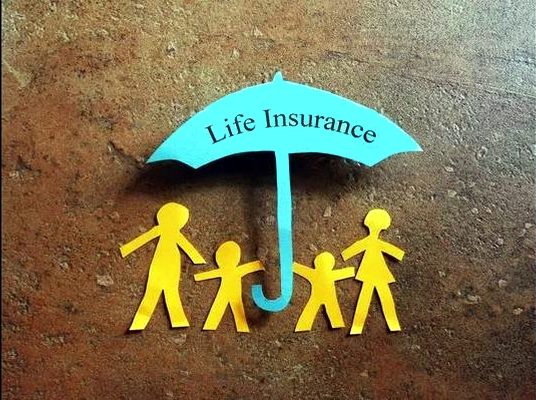
The Bible is pretty silent when it comes to life insurance because, well, it didn’t exist back then. Instead it was incumbent upon the family and community to help provide for survivors as needed. God was the insurance plan. That sounds great on some levels, but there is also a lot of peace of mind knowing that we can purchase insurance so that our families don’t become dependent on others if something happens to us.
How much coverage do you need? What type of policy should you purchase? Where should you begin shopping for coverage? While ultimately I recommend you getting personalized advice from a financial planner, here are some thoughts that can help you sort through some of the confusion.
The first step in determining the right solution for life insurance is identifying the purpose for the coverage. In a broad sense, your life insurance need will either be permanent or temporary.
A small percentage of people will have a permanent need of life insurance for things like estate liquidity or funding buy/sell agreements. This is when permanent life insurance (whole, universal, or variable) makes sense, when the need for insurance likely won’t go away. This type of need is very particularized, so if you think this is you, much of the following advice may not apply.
Most folks, however, are insuring their income stream so that if something happens to them their families will be provided for financially. This is a temporary need of coverage, because once you reach retirement age you are likely to not need the coverage anymore. Term insurance was created just for this type of situation. It is much less complex and also much more affordable than permanent coverage.
So before you start shopping for a life insurance policy, know the point of the coverage as it will guide the overarching process.
While every situation is different, there are several rules of thumb that can be a good starting point for determining the right term and amount of coverage.
Once you’ve identified how much coverage you will need, you can match the term to the number of years you expect to need coverage. If you are 30 and want to be financially independent by age 60, a 30 year level term policy could be a great fit. You likely won’t need as much insurance when you’re 50 as when you’re 30, so if cost is a factor then you could layer your policies. For example, instead of buying a $1 million 30-year level term policy, you could consider a $500,000 30 year level term and a $500,000 15-year level term policy.
Shop at an online broker such as SelectQuote.com. They will compare several different insurers and will help you find the best rate that matches your desired coverage and specific medical profile. They receive a cut back from the insurance companies and you won’t pay them any extra. Often this is a great way to find a reputable insurer you wouldn’t have otherwise considered.
Ultimately there is no “right” amount or type of life insurance. The future is uncertain and stewardship doesn’t entail knowing the future, whether we will die tomorrow, live to age 100, or see Jesus come back soon. Stewardship does entail providing for our families as well as taking care of widows. That is something that life insurance can help us do today.
If you want more information or would like a customized quote, give us a call. We don’t sell insurance, but are very familiar with the products available and can help you get the right coverage for your unique situation.
BACK TO NEWS